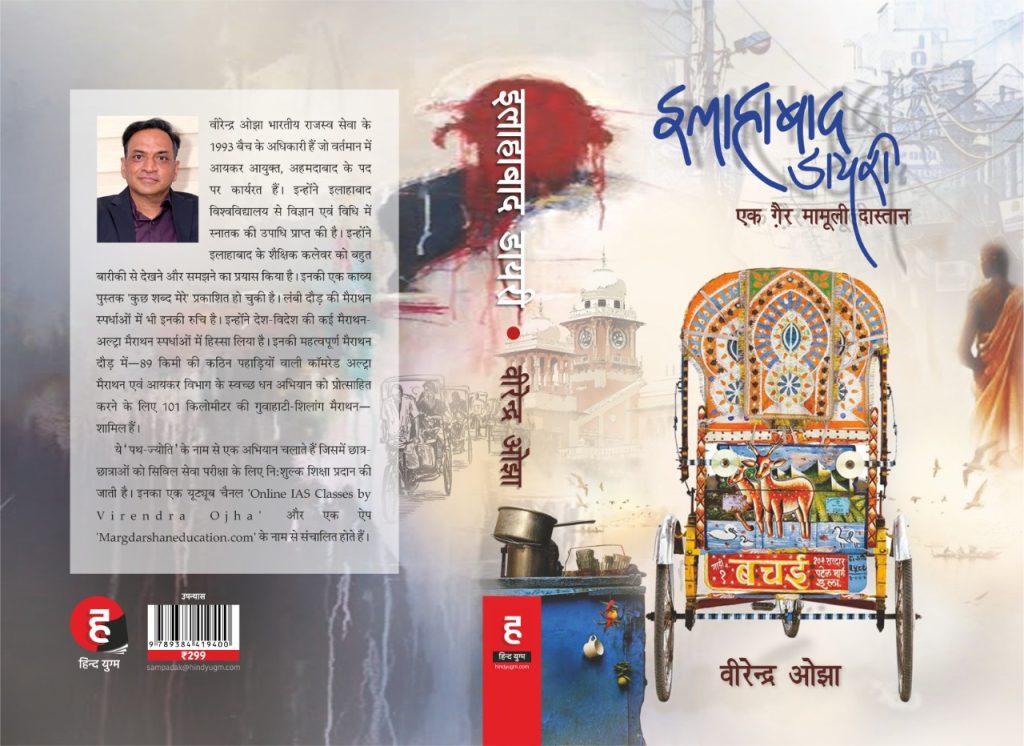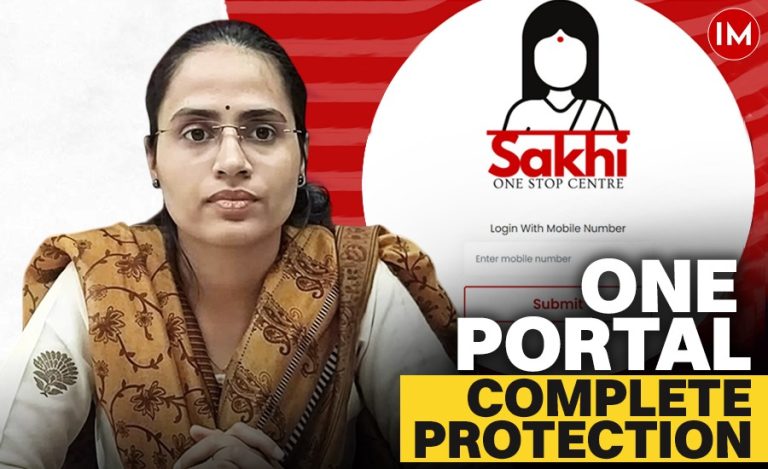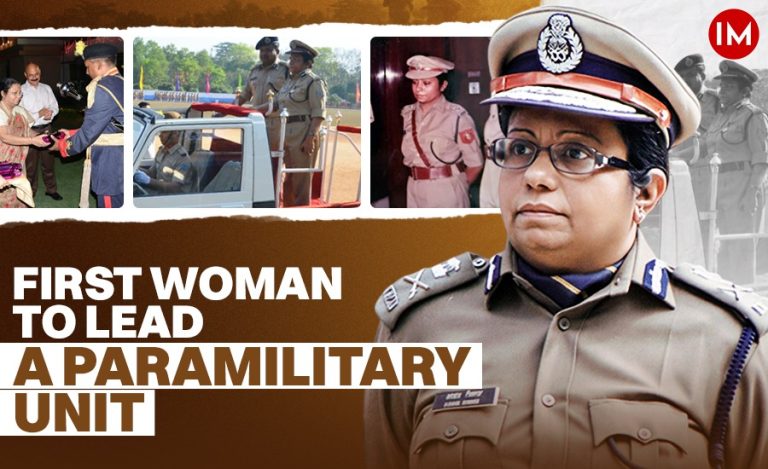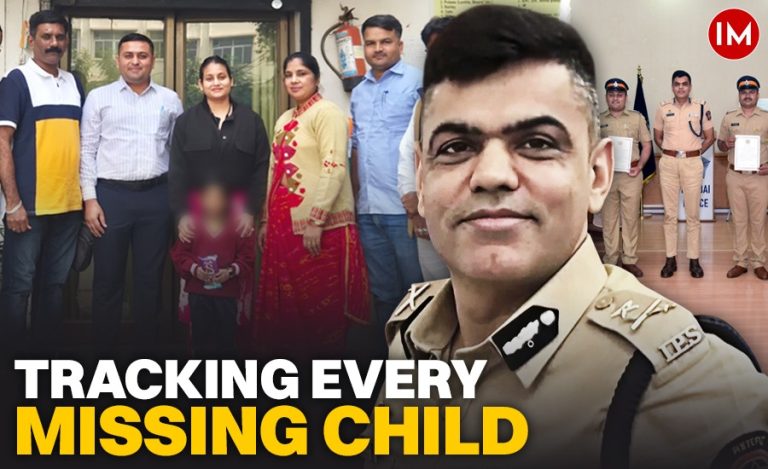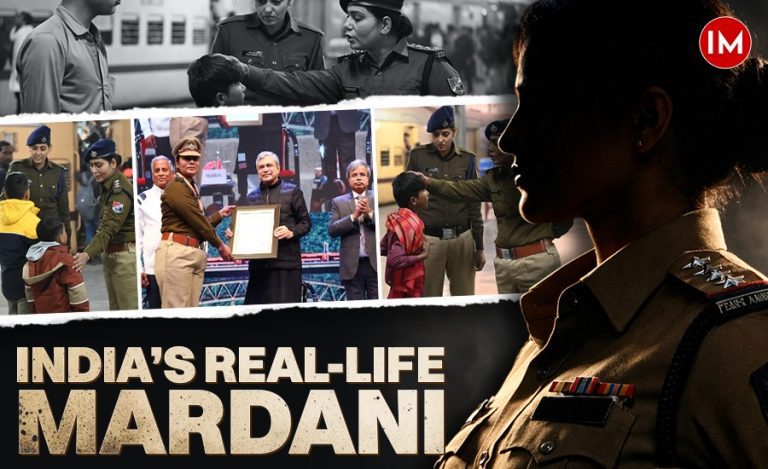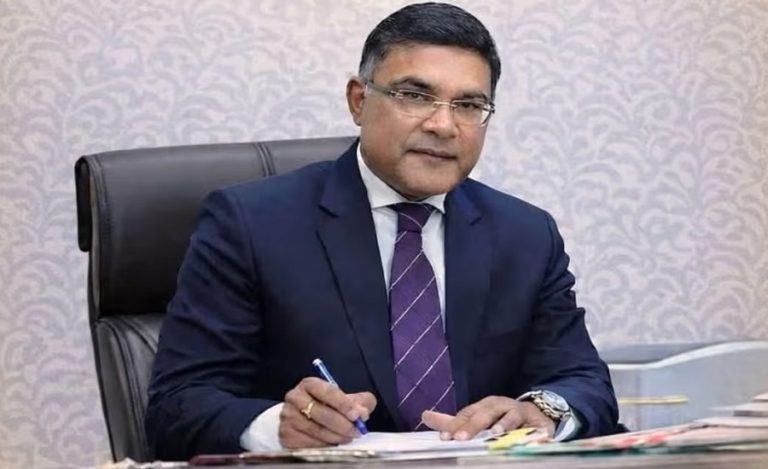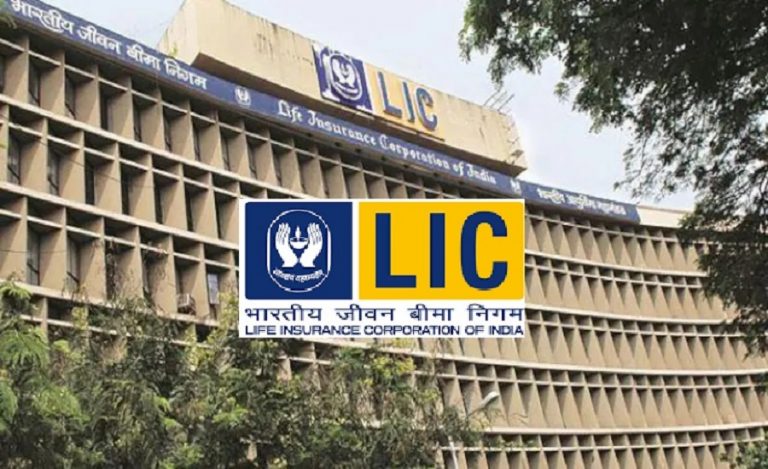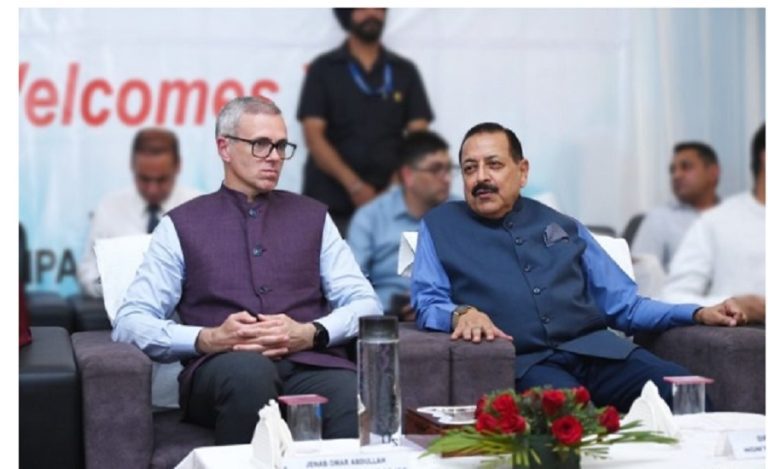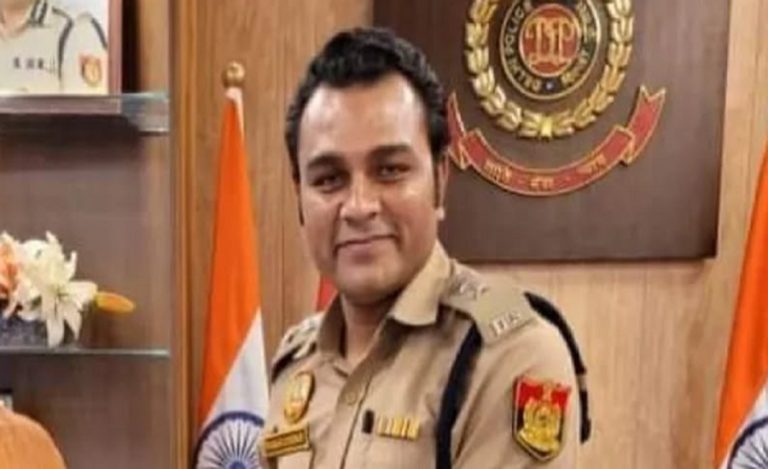Allahabad Diary – Ek Gair Mamuli Dastan, by IRS officer Virendra Ojha, presently posted as Chief Commissioner, Income Tax, Ahmedabad, is a path-breaking book as it was first serialised on Facebook. Mr Ojha, a marathoner who runs coaching for UPSC aspirants in Allahabad, used to take out time to write 1500-odd words every day on Facebook page aptly titled Allahabad Diary. It had become so popular that thousands of people used to wait for the next part of his story which, like a soap opera, used to end every day at a juncture that would make readers anxious to know more. These Facebook posts, almost 400 of them, have now been polished and compiled in the form of a book.
The book is, of course, about UPSC preparations, especially of Hindi medium students, but more than that, as Mr Ojha himself says, the book is about an era – 1990s – when Allahabad was the centre, churning out the maximum number of civil servants, and the Allahabad University was known as the Oxford of the East.
On the surface, the book’s narrative interweaves parallel stories of two protagonists who want to make it big in life. But, through their stories, the author tries to drive home the need for change in the perception of Hindi medium students, and why they should overcome the inferiority complex they carry all their lives.
It has been written by compiling his own experiences, right from clearing the civil services exam in Hindi medium to mentoring aspirants to clear the tough exam now. Coming from a Hindi medium background himself, Mr. Virendra Ojha knows too well about the struggles aspirants from Hindi background have to face during their UPSC journey. He himself had to clear all those hurdles to finally crack the UPSC Civil Service Exam and join the Indian Revenue Service. Thankful and wanting to give back, he decided to become a part of such aspirants’ struggles and guide them towards success. His own struggles reflect abundantly in the struggles of the book’s protagonists, making their journeys more real and relatable to the reader.
PARALLEL STORIES
One of the protagonists of the book, Anurag, belongs to a lower-middle-class family and is a Hindi medium student. Despite having less exposure to facilities owing to his background, Anurag’s dreams big – he wants to become an IAS officer – a dream that he shares with his mother. However, due to the language barrier, he faces a lot of difficulties in life, which, ironically, fuels his hunger for success. So much so that he even chooses bad paths to get success.

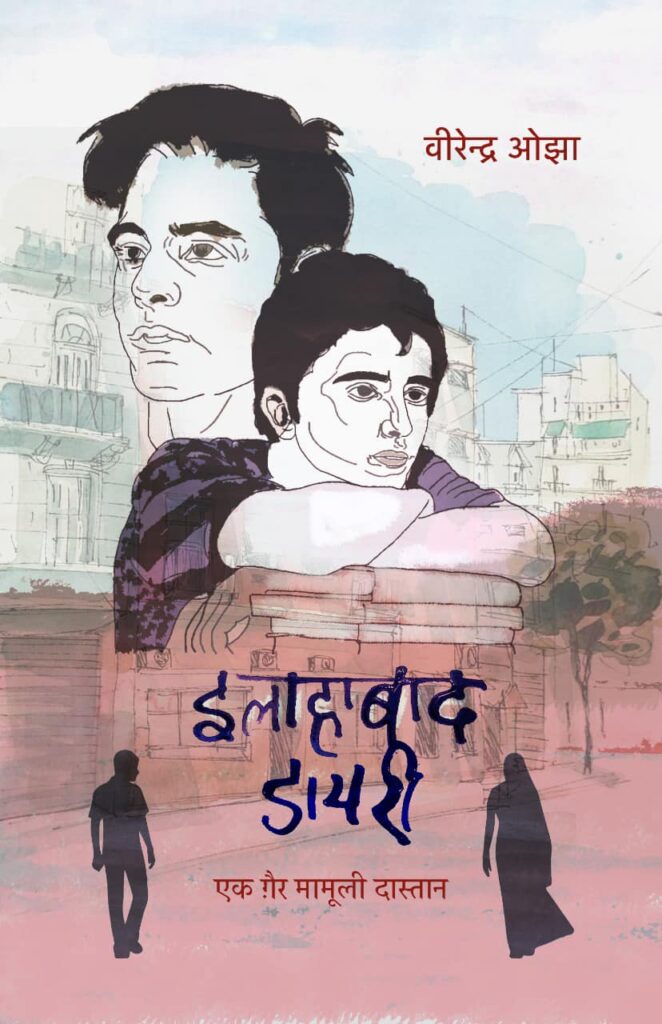
The other protagonist, Rishabh, is a brilliant student and an alumnus of the Indian Institute of Technology. His mother had to struggle hard to bring him to this level, having lost her husband at an early stage of her marriage. A topper, Rishabh wins many awards in the country, but chooses to take up a job abroad rather than staying back to take care of his old mother who sacrificed so much for him.
Amidst the pain of widowhood, the departure of her son, and the tragedy of loneliness, this character of the mother raises many fundamental questions about today’s generation from the perspective of the present society.
Speaking to Indian Masterminds, the author of the book, Mr. Virendra Ojha, said, “When I started writing the book, many parallel stories started coming up. It did not stick to only one character but referred to an all-over scenario of such characters who still exist in our society and are struggling in their own ways.”
THE STRUGGLE IS REAL
Talking about the struggle Hindi-medium students face as they embark on their academic journey and even in their professional life, Mr. Ojha said, “Mostly, the students who choose Hindi as their language belong to low-income-group families. Therefore, their struggle starts from there itself and, later, carries on with the inferior complex they have. In this book, all such difficulties and struggles have been noticed with Anurag as the main character dealing with them.”
Facing all this and more, Anurag takes a big decision to break out of it all and targets the highest (and toughest) exam in the country: UPSC CSE. And he is willing to go to any level to find success. “I will destroy everything if I find it necessary for my goal,” he says.
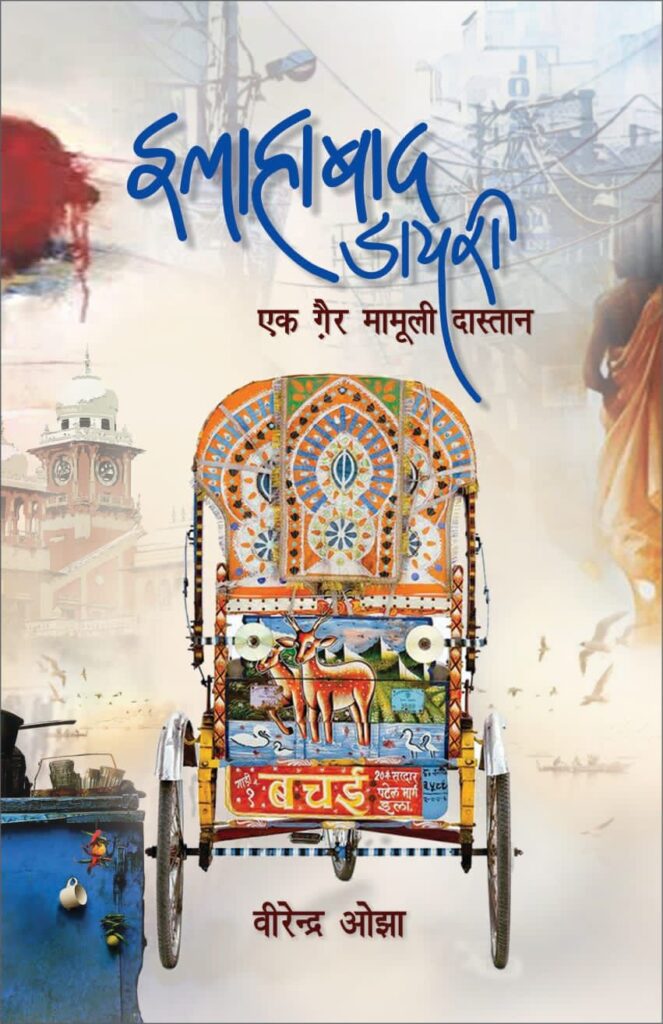
Two other characters in the book – Badri Vishal Mishra and Chintan Upadhyay – add to the storyline and raise many questions on the impact of the English language on Hindi in the UPSC exam. Anurag, for that matter, uses both these characters to advance himself.
The novel begins with Anurag’s dream of civil services examination and ends with the result of the examination. An attempt has also been made to highlight the change in Anurag’s personality after he finds success.
Mr. Ojha said, “In this first part of the story, problems of Hindi medium students and the way they can be tackled have been showcased. As mentioned in the title, it depicts that becoming an IAS officer is not that big a task if people from Hindi medium overcome their inferiority complex and show effort and willpower to clear the exam. In the next part of the book, which is being written currently, Anurag comes up as a revolutionary and works for bringing change in society.”

